You may be aware that the planet is losing large mammals such as elephants, rhinos, pandas, and whales because of human actions, but insects are also facing devastating declines. While they may be unpleasant or repulsive to many, insects are what the naturalist E. O. Wilson called the “little things that run the world.” In an essay of the same name, he wrote, “If invertebrates were to disappear, I doubt that the human species could last more than a few months….”
Insects are essential for almost all ecosystems on the planet. Indeed, the sharp decline in bird populations, for example, can be traced to loss of caterpillars. Forty percent of all insect species are now experiencing declines. It might seem overwhelming to address these declines, but something as simple as changing a lightbulb can make a huge difference.
Insects are critical to the planet and to human civilization. Around three-quarters of the world’s food crops and 90% of all wild flowering plants depend on pollinators, the vast majority of which are insects. The estimated economic value of services provided by insects is around $57 billion a year. Doug Tallamy writes in his book “Nature’s Best Hope” that 96% of North America’s terrestrial bird species rear their young on insects, rather than on seeds or berries. Populations of nearly half of all bird species are declining, due partially to the loss of insects.
Many flying insects are attracted to streetlights, hovering around them until they succumb to exhaustion. This alone can kill them, or, disoriented, they may become easy targets for predators. (Lights also hurt other species, too. Night lights disorient bats, and attraction to artificial lights kills millions of birds each year, since 80% of migrating birds make their journeys at night.) Most people won’t want to turn off all the streetlights, but, luckily, there is an easier answer.
White and blue light are the worst for insects. We can save many insect lives by switching lightbulbs to yellow or red. At Grand Teton National Park, scientists conducted an experiment by switching the lights in the parking lot from white to red. There were substantially fewer insects hovering around the red lights, while people could still see (and better enjoy the sight of the Milky Way). Colored lights reduce bird deaths as well. If Philadelphia’s Department of Streets implemented this solution, changing our streetlights to yellow LEDs (many people probably would not like red), it would prevent unnecessary deaths of insects, birds and other animals. The City is now converting 120,000 streetlights to LEDs, which will dramatically reduce energy use and is important for the fight against climate change, but they are tinted white. It is important that our Streets Department switch to installing yellow LEDs, which would be beneficial for both energy use and wildlife. These yellow lightbulbs are almost as bright as white ones and so should not reduce visibility.
You can make these changes in your home, too! Purchase bug-friendly lights — which you can get at Home Depot — for any outdoor fixture. These are lightbulbs that are yellow and thus friendlier for insects (and are around the same price as white LEDs). As a bonus for the insect averse, these bulbs will reduce the number of insects on your porch or patio. In addition, you can turn your lights off more. If you are worried about security, get a motion detector instead of an all-night lightbulb.
Today is a concerning time for insects. American bumblebee populations have declined by 90%, and luna moths, once a common sight here, are now incredibly rare. Because insect populations are crashing, bird populations are being decimated as well. In the United States and Canada, 1 in 4 birds have been lost since 1970. We still have time to reverse these depressing trajectories. Small actions could have a big impact for these species. The City of Philadelphia and its residents should be leaders in saving insects and other animals by switching street and home lightbulbs to yellow. Voice your support by signing this petition: https://tinyurl.com/5n8j4487.
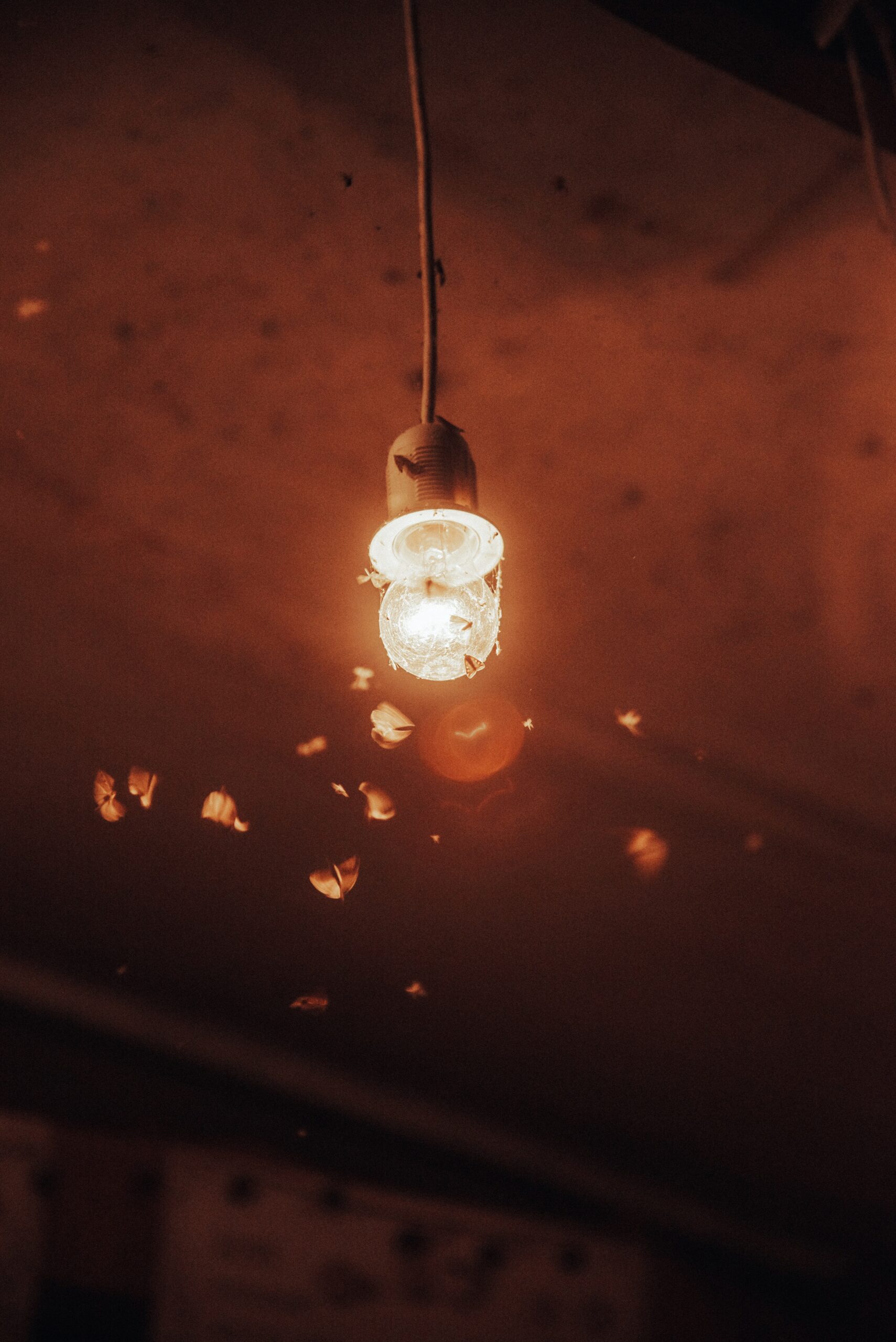

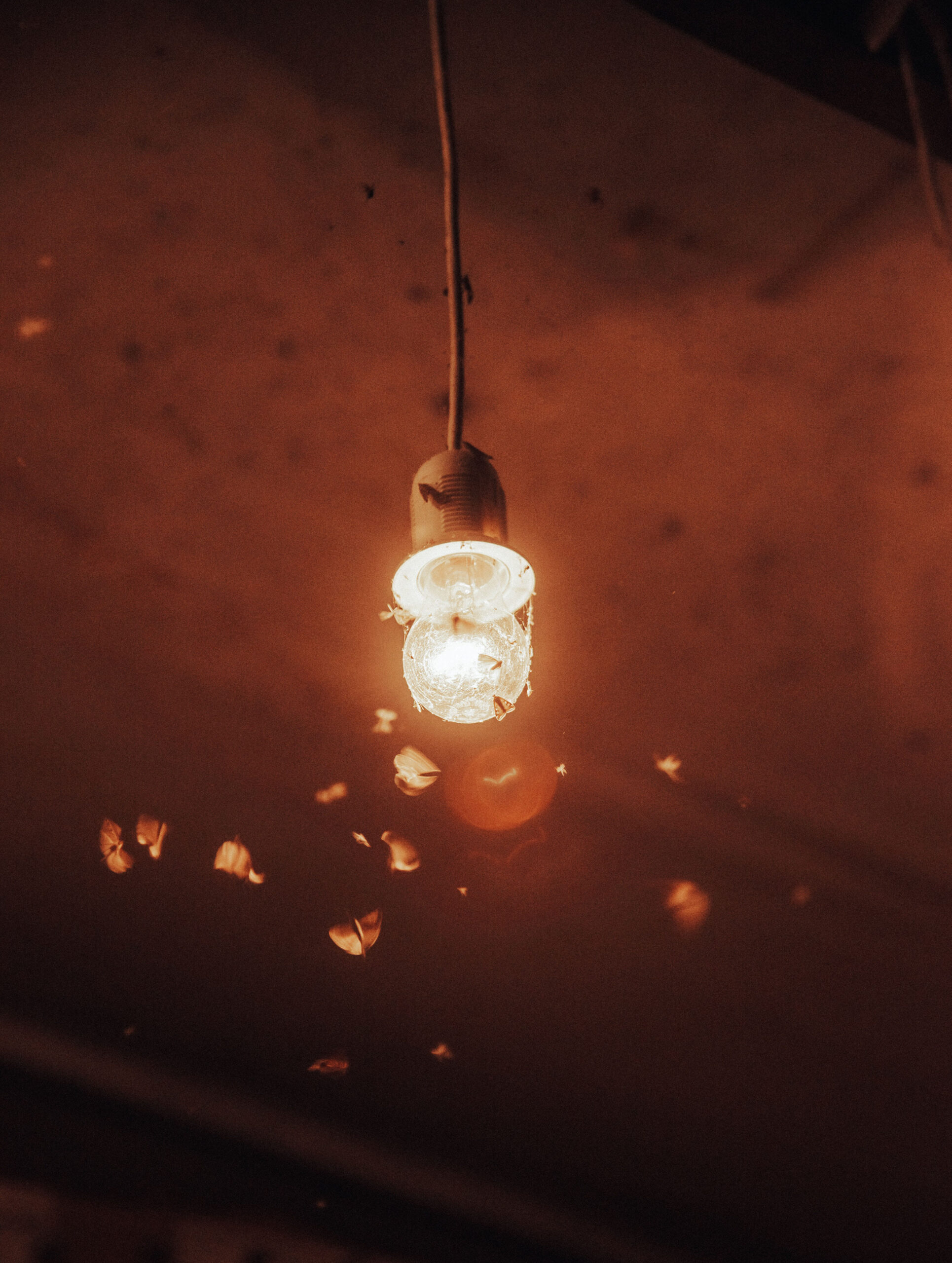
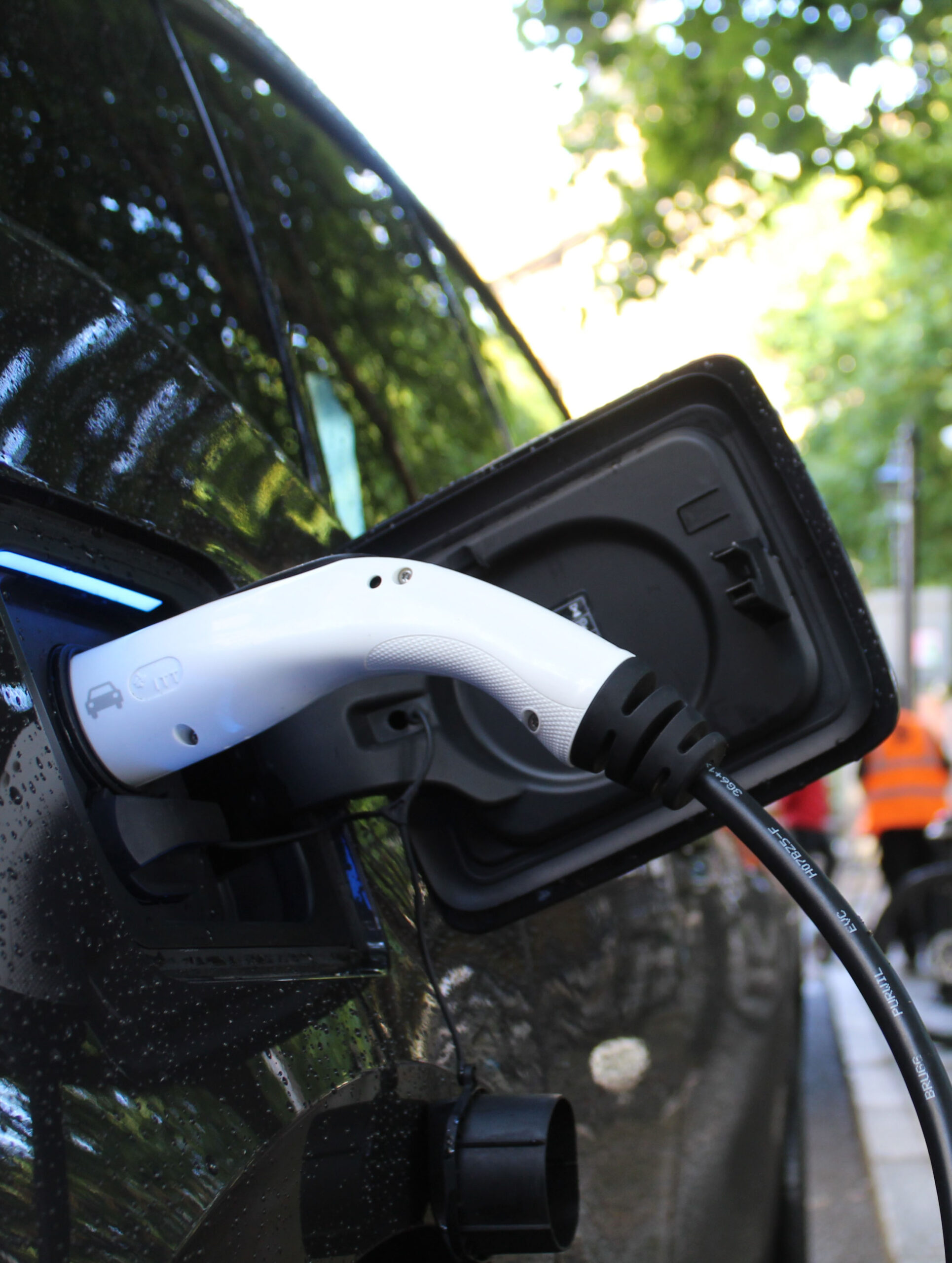
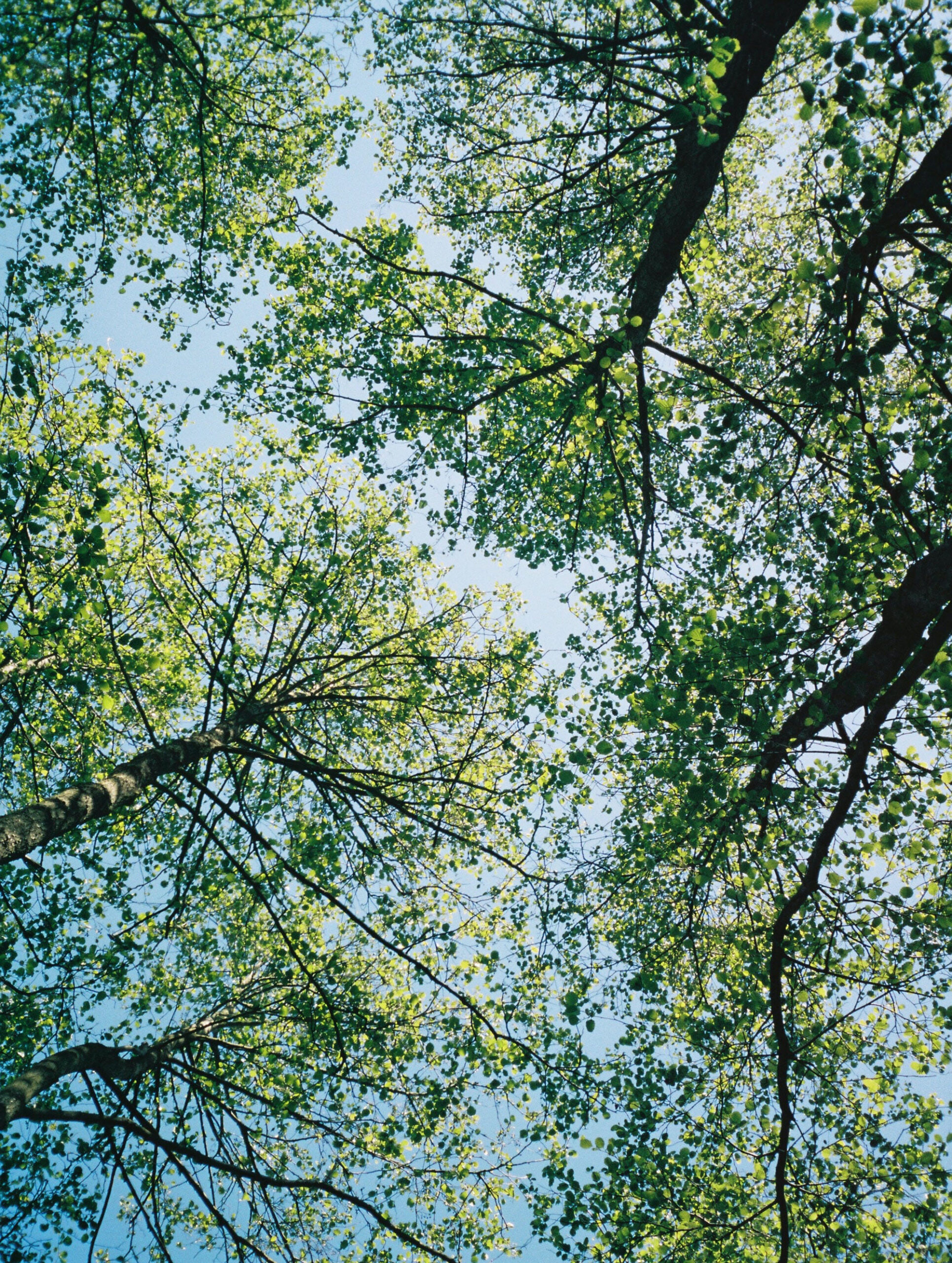
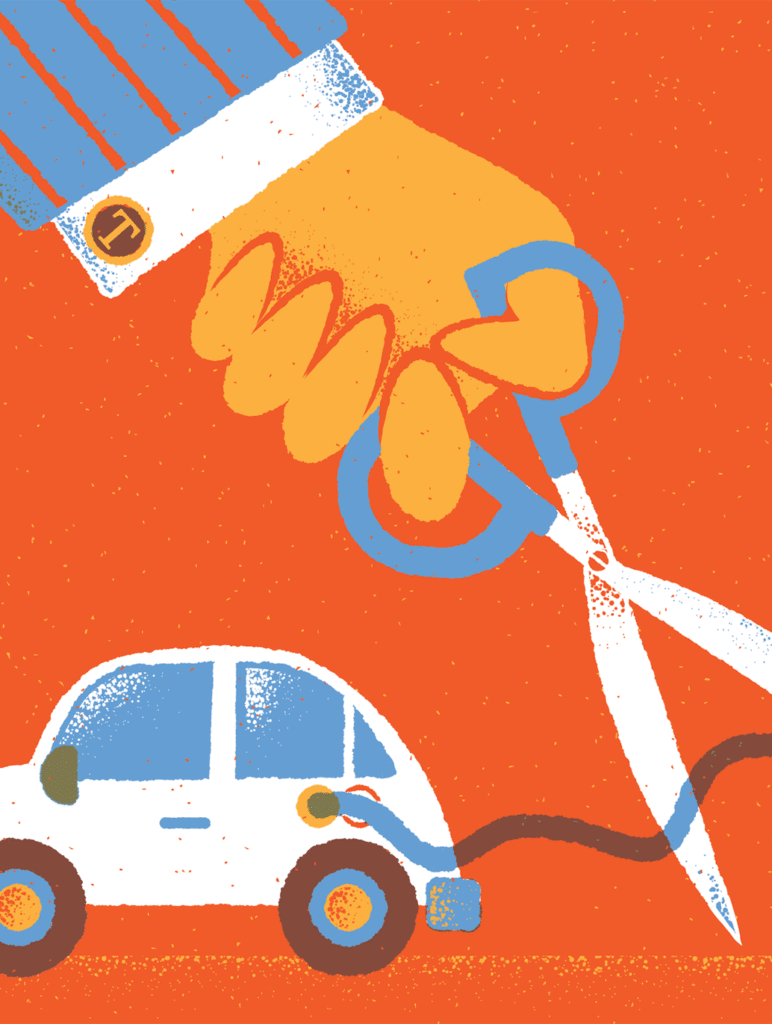

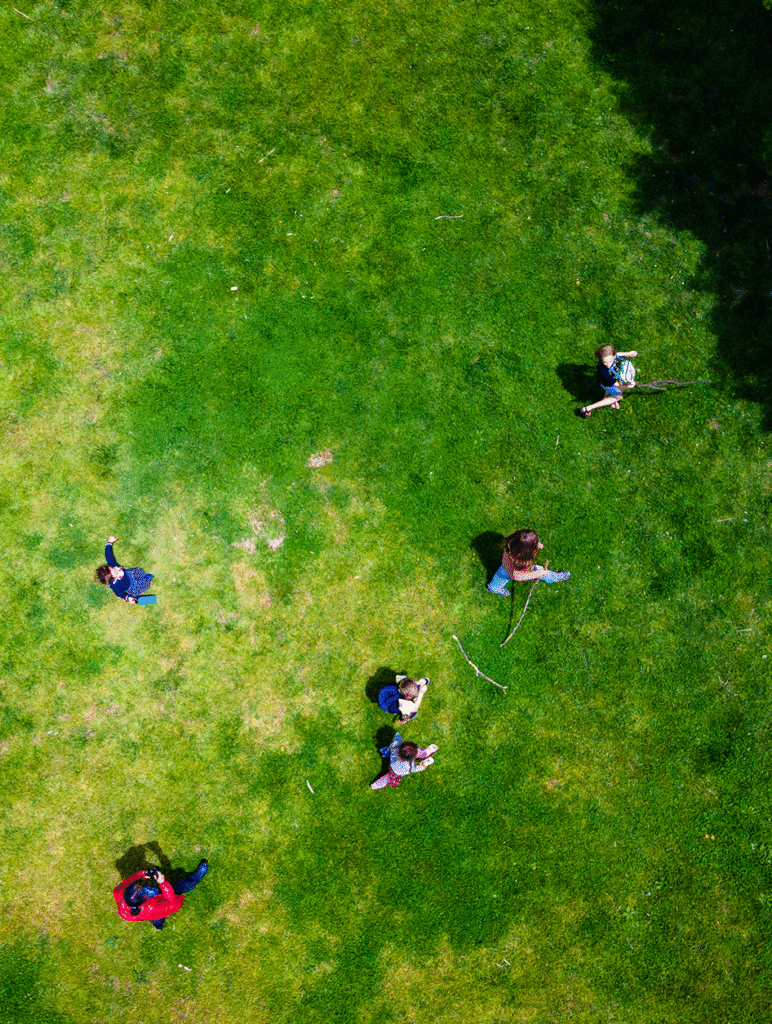
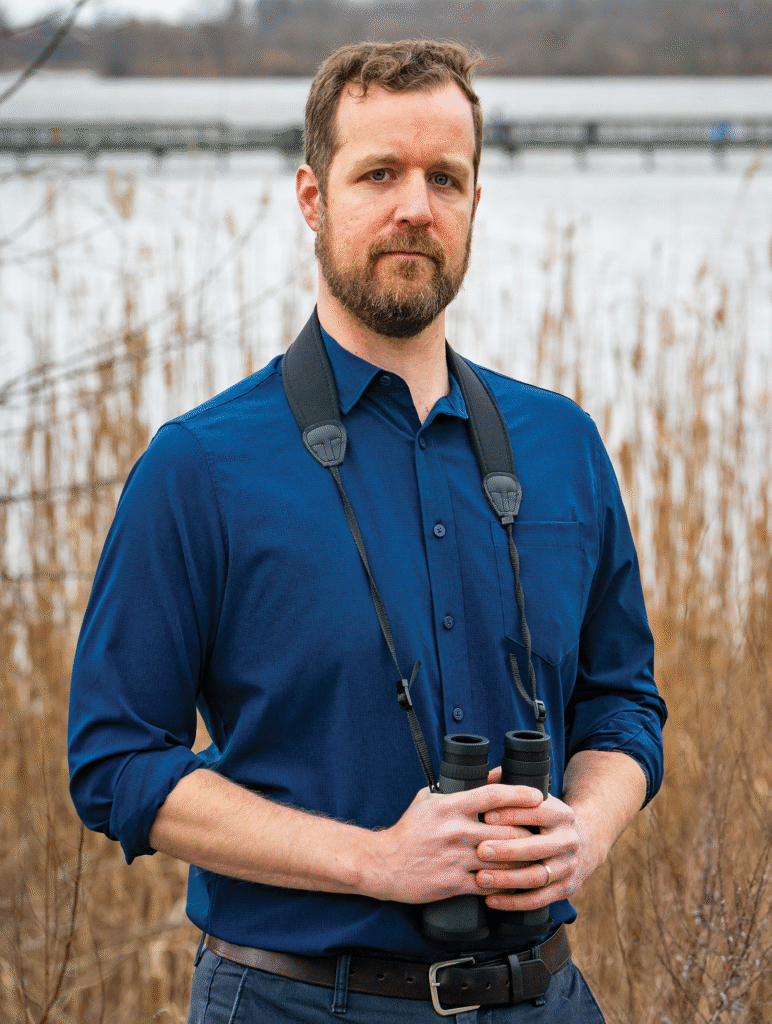
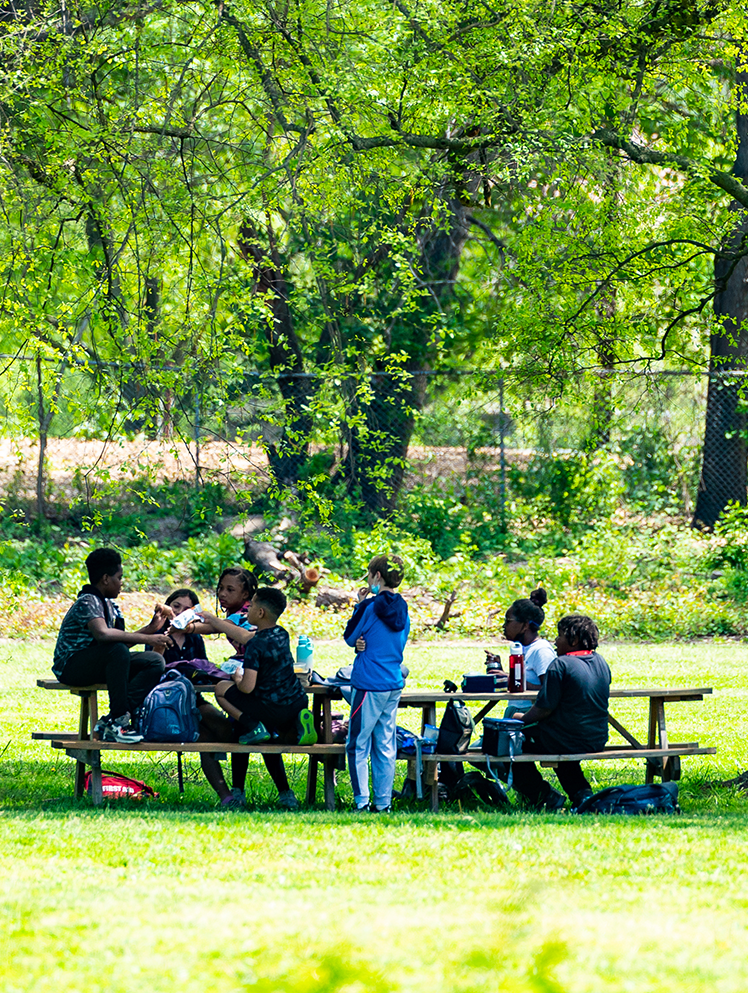
I appreciate the way this article outlines the problem and also provides solutions. Well done!